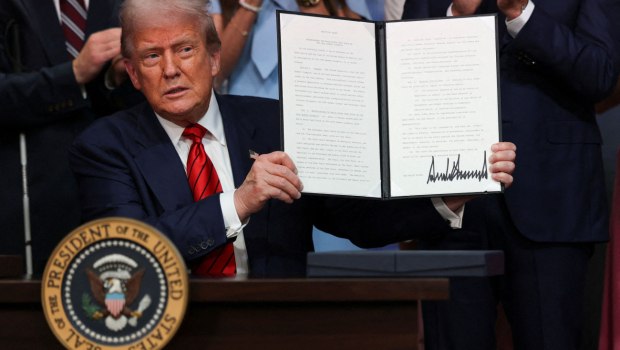The Daily View: Taking names and kicking shadows
IT WOULD appear the fearsome threat of taking down the names of stateless shadow fleet tankers hauling sanctioned Russian crude through the Baltic was not as big a deterrent as Western governments initially hoped.
In the 46 days since the combined forces of Nato’s Baltic governments and the UK promised to take ‘action’ against tankers failing to fly a valid flag, there have been 22 such transits for them to target.
So far none of them have been challenged to produce more than a copy of the evidently faked documentation they happily hand over before sailing past.
Such things are, inevitably, legally and politically complicated. Everything from the very real threat of Russian naval escalation to the more nuanced long-term disintegration of freedom of navigation norms stand in the way. And yet, the working assumption had been that a suitable opportunity would present itself allowing dangerous tankers to be challenged without provoking a war in the process.
Through the distorted looking glass of Russia’s foreign intelligence service, the SVR, that prospect has been interpreted as a false flag operation on false flags, designed to give Nato cover to disrupt Russia’s export capacity.
The Cold War spy thriller plot set out by the SVR sees British intelligence instigating a mass raid on the shadow fleet via the plausible deniability of a Ukrainian special forces operation. The ensuing outcry would force Trump’s hand into secondary sanctions against Russian energy buyers, casting Russia as the international villains and allowing the detention of shadow fleet tankers.
“It seems that nostalgia for lost supremacy at sea and crown-sanctioned piratical lawlessness has completely deprived the British intelligence community of any remaining common sense,” noted the SVR plot, without a noticeable hint of irony to their prose.
Whether this latest statement should be filed under classic Russian propaganda or be taken more seriously as its own pretext for a false flag operation yet to emerge, remains to be seen. But the underlying problem remains unresolved amid this incredulous show of politicised fiction.
The shadow fleet is growing rapidly, along with the number of fraudulent or stateless ships with in it, and that is fundamentally undermining shipping safety. The British intelligence services are not required to make the prospect of an environmental disaster occurring very likely.
The current approach of adding endless lists of ships to the sanctions designations is only increasing the demand for non-sanctioned ships to enter the grey fleet and start risking safety standards further.
The purge of sanctioned tonnage from the likes of Panama is only pushing the shadow fleet further into the shadows and creating the opportunity for fraudulent operations outside of the control of governments.
We are inadvertently creating one of the most lucrative black markets in history, undermining the rules-based order of global trade along the way.
There are few easy answers to any of this, but earnestly standing on the shore of the Baltic with a clipboard noting down the number of tankers carrying fake documents is arguably a policy in need of some revision.
Richard Meade
Editor-in-chief, Lloyd’s List
Content Original Link:
" target="_blank">



































































